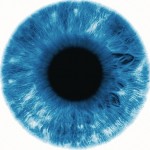
The new batch of Cochrane systematic reviews are published today and there are a couple of important new mental health reviews that I’ll be blogging about over the next few days. First comes a piece of research looking at the effectiveness of collaborative care for patients with depression or anxiety. Collaborative care involves a range [read the full story…]








